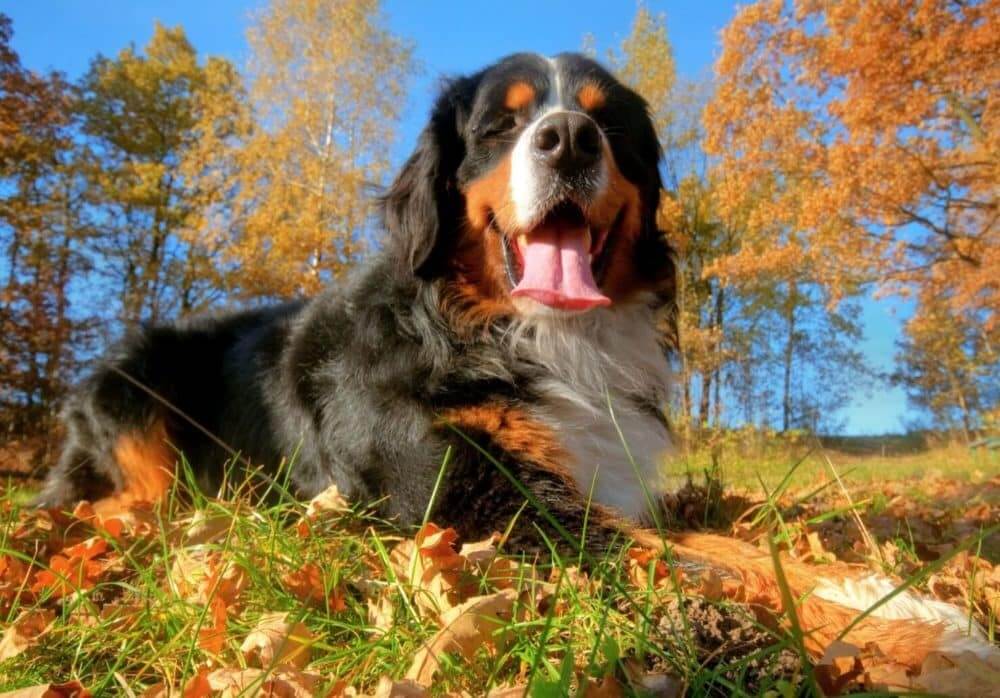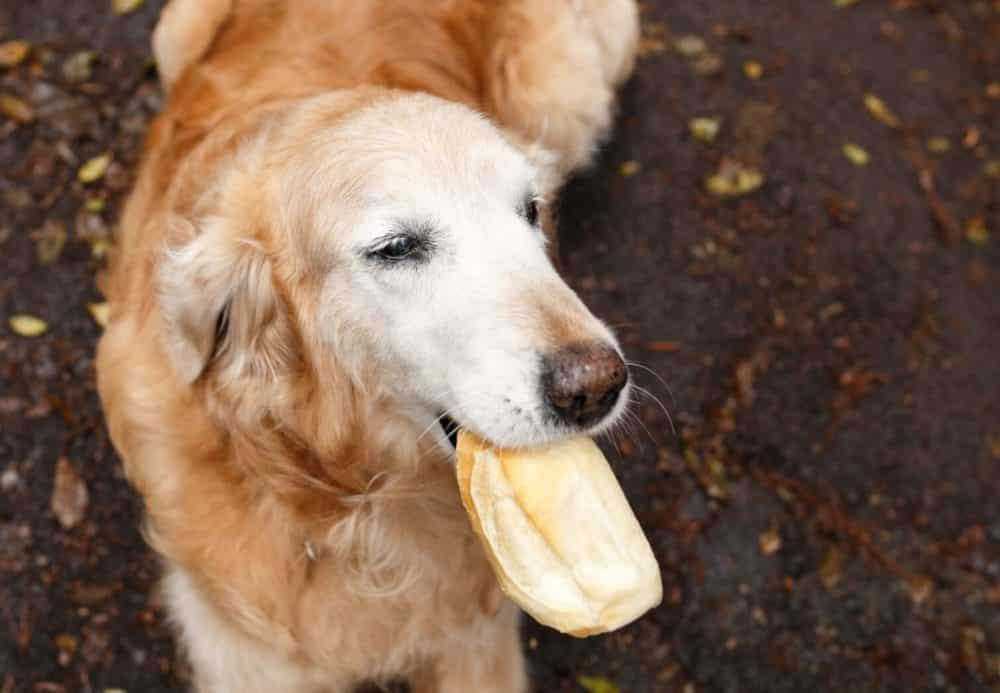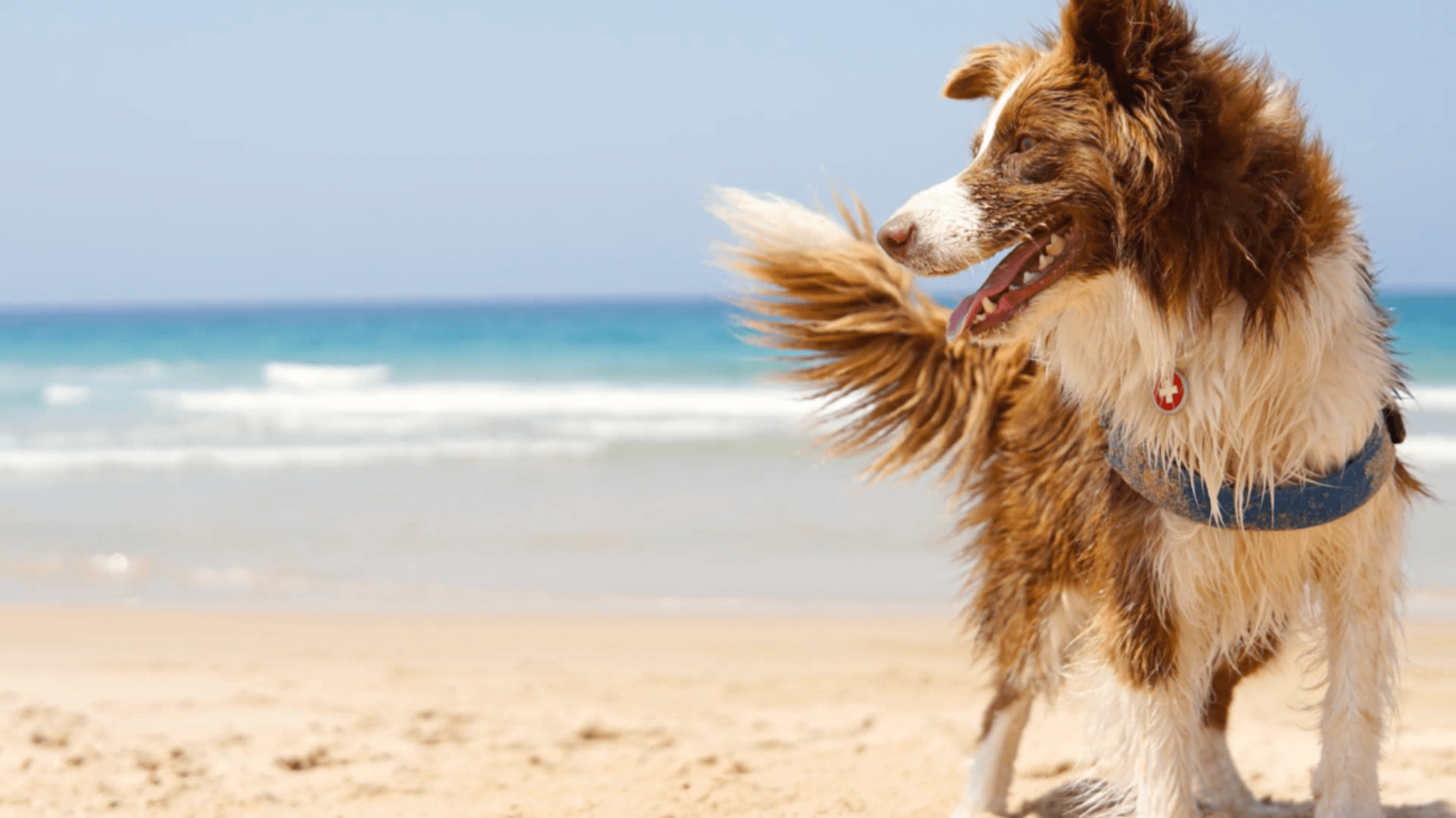Is there anything cuter than rubbing your dog’s belly? Or when your pup is a bit chubby and he lays on the ground showing off his tummy? As cute as it may be when your dog is roly-poly, it’s important to acknowledge the difference between a few extra pounds and dog overweight. Dog overweight goes beyond physical appearance: it can cause severe health problems and even shorter your dogs’ life spans.
‘Does my dog have a healthy weight?’ Make a quick homemade test to find out!
Independently of your dog’s breed or age, if your dog is fit and has a healthy weight:
- You must be able to feel his ribs with a simple touch; and what’s more, you should be able to count at least a bunch of them.
- There should be a noticeable distinction between his chest and his stomach.
- You must feel his spine from beginning to end.
- He shouldn’t pant after a quiet short stroll.

If you are still having doubts about whether your dog is overweight or not, the best way to find out is by weighing him. Go to the vet for a quick check-up and, according to your pup’s breed and size, your vet will tell you his ideal weight.
There are some breeds more genetically predisposed to overweight than others. Pugs, Golden and Labrador Retrievers, Shetland Sheepdogs, Border Terrier, and German Shepherd are some of them.
Dog overweight
Overweight in dogs negatively impacts a dog's health and longevity. According to research provided by Banfield Pet Hospital, the lifespan of overweight dogs was up to 2 1/2 years shorter than those with a healthy weight. While another study conducted by AVMA (American Veterinary Medical Association) found that obesity could potentially be linked to a few different cancer types in dogs– urinary cancer and mammary cancer. Overall, based on the studies conducted by veterinarians and researchers, dog obesity has been linked to multiple health problems such as diabetes, heart disease, arthritis, respiratory problems, joint and mobility issues, and high blood pressure. Consequently, dog obesity must be treated as soon as possible.

-
Together with your vet, develop a weight-loss plan: According to your dog’s needs, habits, and desires, your vet will develop a personalized plan to lose weight while including all the nutrients he needs. Our Multifunctional Dog Chews contain all the antioxidants, minerals and fatty acids dogs need to stay healthy while supporting their immune system and improving digestion.
-
Increase exercise: 15 minutes of daily walks is not enough for our pups! Think about it, while you go to work, to the grocery store, or even when you pick up food, you are doing unplanned exercise. Our dogs are not as lucky. Make sure you plan at least two long walks each day (its duration will depend on your dog’s age and health).
- Don’t feed him snacks: Sharing our foods with our dogs or giving them our leftovers is a very common habit that needs to be eliminated. Yes, I know, when they ask for food, we feel sorry for them, so we share. But that food is not part of their diet plan, by sharing our meals, we are adding unnecessary extra calories to their diets.





